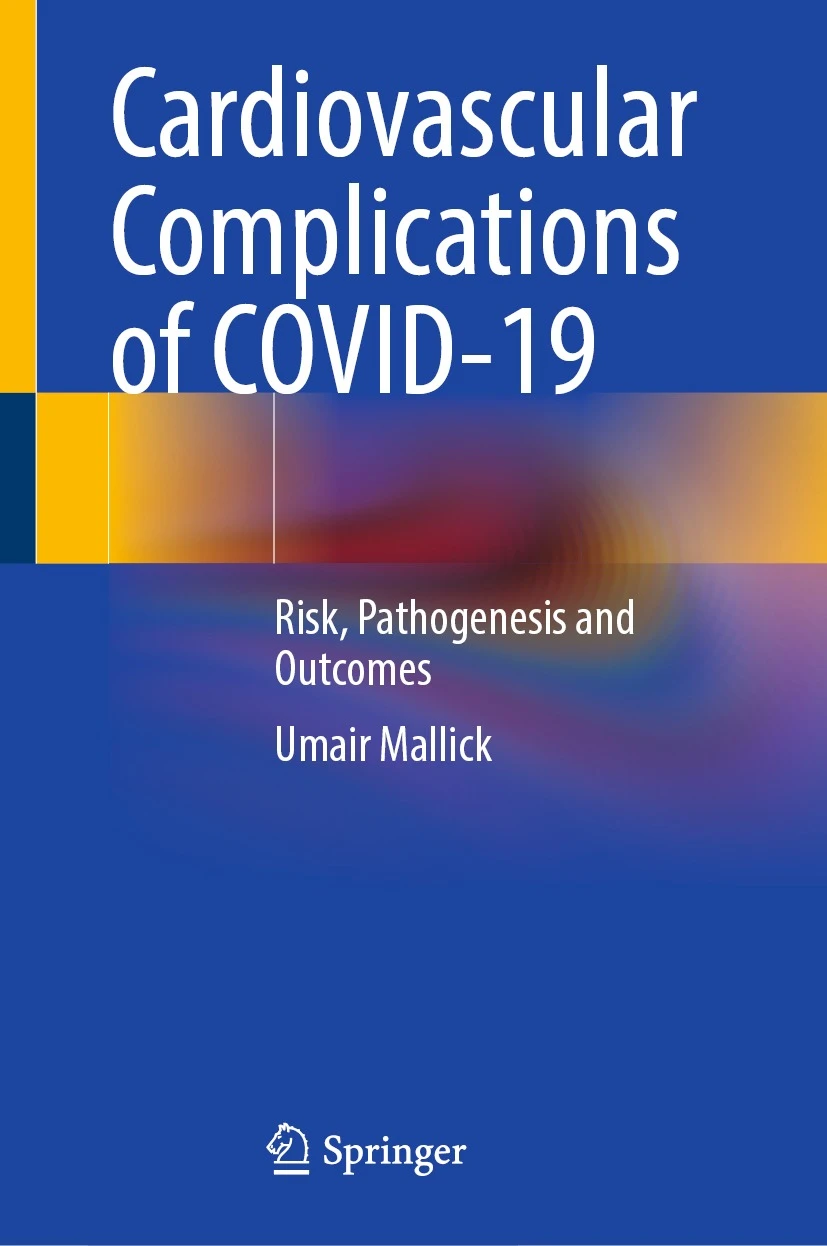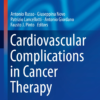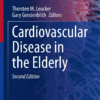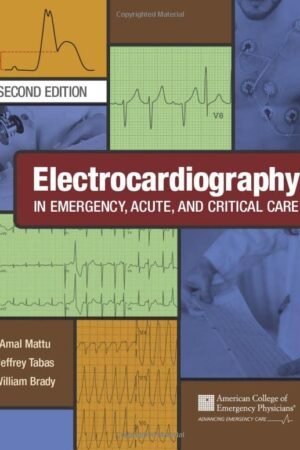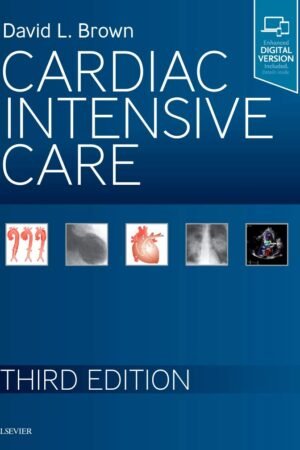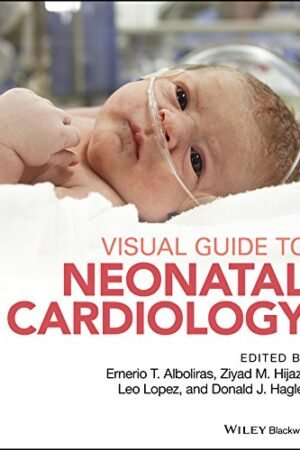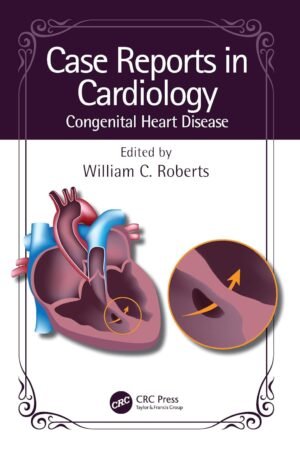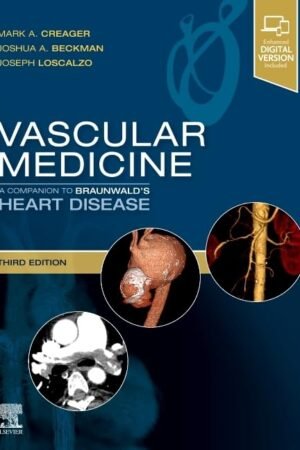Cardiovascular Complications of COVID-19 Risk PDF
Introduction
The COVID-19 pandemic has not only affected the respiratory system but also had profound effects on the cardiovascular system. Research has shown that COVID-19 can lead to a wide range of cardiovascular complications, particularly in patients with pre-existing conditions such as hypertension, coronary artery disease, and heart failure. Understanding the cardiovascular complications of COVID-19 risk is essential for both clinicians and patients. According to the World Health Organization (WHO), COVID-19 has become one of the most significant global health challenges of our time, with cardiovascular outcomes playing a crucial role in mortality and morbidity.
Why COVID-19 Affects the Heart
COVID-19 can damage the cardiovascular system through multiple mechanisms. The virus triggers a strong inflammatory response, known as a cytokine storm, which can injure heart tissue. Endothelial dysfunction and abnormal clot formation increase the risk of heart attacks, strokes, and pulmonary embolism. Patients with pre-existing heart disease are particularly vulnerable, and the American Heart Association (AHA) highlights that these individuals face a significantly higher risk of severe complications.
Common Cardiovascular Complications
Myocarditis and Pericarditis
COVID-19 infection may cause inflammation of the heart muscle (myocarditis) or surrounding tissue (pericarditis). This can result in chest pain, arrhythmias, or even heart failure.
Arrhythmias
Irregular heartbeats are common among COVID-19 patients, caused by systemic inflammation, electrolyte imbalance, or direct myocardial injury.
Heart Failure
COVID-19 may precipitate acute heart failure, especially in elderly patients and those with hypertension or diabetes.
Thrombosis and Stroke
The virus increases blood clotting tendency, raising the risk of deep vein thrombosis, pulmonary embolism, and ischemic stroke. The Centers for Disease Control and Prevention (CDC) emphasizes the need for preventive anticoagulation in high-risk patients.
Risk Factors for Severe Cardiovascular Complications
Patients with the following conditions are more likely to experience serious cardiovascular complications of COVID-19 risk:
-
Hypertension
-
Coronary artery disease
-
Diabetes mellitus
-
Obesity
-
Chronic kidney disease
-
Advanced age
These conditions not only worsen COVID-19 outcomes but also increase the likelihood of cardiovascular events.
Diagnosis and Monitoring
Early recognition of cardiovascular complications is critical. Diagnostic methods include:
-
Electrocardiography (ECG) for arrhythmias
-
Echocardiography for assessing cardiac function
-
Cardiac biomarkers such as troponin and BNP
-
CT angiography for detecting pulmonary embolism
Regular monitoring of COVID-19 patients, particularly those with pre-existing heart disease, improves survival rates.
Management and Treatment
Acute Care
Hospitalized patients with cardiovascular complications require careful hemodynamic monitoring, oxygen support, and anticoagulation therapy.
Long-Term Management
Patients recovering from COVID-19 may experience post-acute sequelae of SARS-CoV-2 infection (PASC), also known as long COVID, which can include persistent chest pain, palpitations, and reduced exercise capacity. Long-term cardiac rehabilitation and follow-up with cardiologists are recommended.
Preventive Strategies
-
Vaccination remains the most effective method of reducing cardiovascular complications from COVID-19.
-
Controlling risk factors such as hypertension, diabetes, and obesity is essential.
-
Healthy lifestyle choices including diet, exercise, and smoking cessation can reduce risks.
Conclusion
Cardiovascular complications of COVID-19 risk represent a major concern for patients, clinicians, and healthcare systems. Early recognition, appropriate treatment, and preventive strategies can significantly reduce morbidity and mortality. This ebook provides a comprehensive overview for healthcare professionals, caregivers, and students seeking to understand and manage the cardiovascular impact of COVID-19.
👉 Download Cardiovascular Complications of COVID-19 Risk PDF to access detailed guidelines, case studies, and practical clinical tools.

